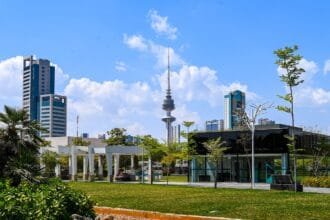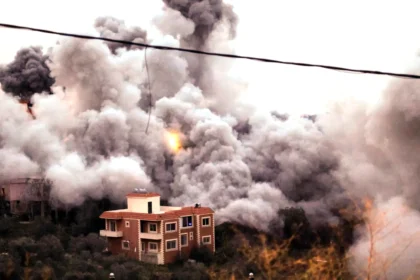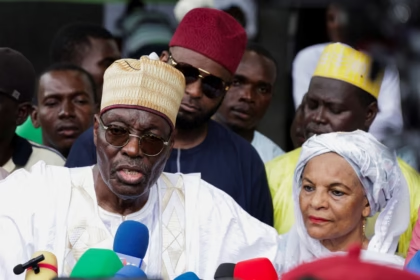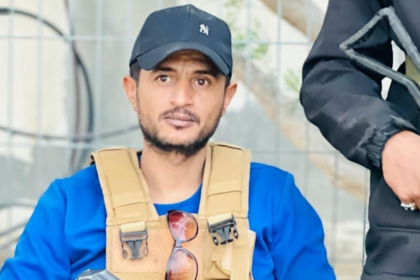Islamabad, Pakistan – A prominent leader of the Pakistani Taliban, nicknamed “Saddam” and also known as “Abu Zar”, has appeared.
This occurred during a football final match in Khyber district of Khyber Pakhtunkhwa province in
the northwest of the country, amid a remarkable popular turnout.
During his speech to the audience, he announced that the movement is active in the region “in cooperation with the residents.”
Warning that “anyone proven to have spied for
the Pakistani authorities will be executed immediately.”
Pakistani activists circulated the Taliban leader’s speech on social media.
He described it as an unprecedented scene in many years.
Increase the movement’s influence
The field commander’s public appearance confirms, according to Pakistani analysts, that the Tehrik-e-Taliban Pakistan (TTP) is making steady progress toward consolidating its influence in the tribal areas.
After nearly a decade of government military
operations to dislodge it from its strongholds in Waziristan and Swat.
However, the return of its fighters to Khyber, Kurram Agency, and South Waziristan,
It indicates that the group has regained its ability to operate publicly,
And even to show off its strength in front of civilians.
According to Pakistani security reports carried by local media, including Samaa TV and Dawn News,
Security services have observed a significant
increase in the movements of militants within the region since mid-2024.
Coinciding with a partial withdrawal of forces from some border points in favor of
the Afghan army after the Taliban government took control of Kabul.
Observers confirm that the rugged border
between the two countries has facilitated the return of Taliban fighters to Pakistan.
Formal position
For his part, Pakistani researcher Rahimullah Yousafzai said in a previous
statement that the Pakistani Taliban no longer relies solely on armed action,
Rather, it aims to build a network of social and political influence
within the tribal areas, by gaining the support of tribal leaders.
It imposed a “local justice” system based on Sharia law, presenting itself as an alternative to the state.
Experts warn that this shift poses a direct threat to the sovereignty of the Pakistani state.
The movement has begun using public activities
and social events to establish its presence in the popular consciousness and demonstrate its symbolic control over the land.
The speech of leader Abu Zar also reflects a strategy of intimidation directed
against the local population to deter any cooperation with the authorities.
Observers believe that the continuation of this expansion in Khyber
and the rest of Khyber Pakhtunkhwa portends a return to the violence that the country witnessed between 2007 and 2014.
When the movement claimed responsibility for dozens of suicide attacks
and assassinations targeting army and police forces and local officials.















